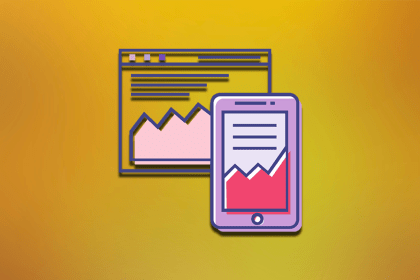
Teens are an exciting group to design products for, but we need to consider age, lifestyle, and generational differences.
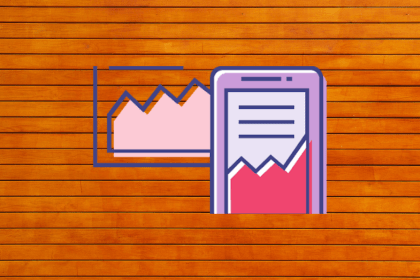
Explore a few different types of UI animations, how they differ from motion graphics, some principles of animation to follow, and more.

Discover what Visily is, why it’s disrupting the UX tools market, and the AI capabilities it enables you to use.

Understanding how innovation diffuses can help you predict market behavior and prepare for outcomes when looking to introduce a new product.
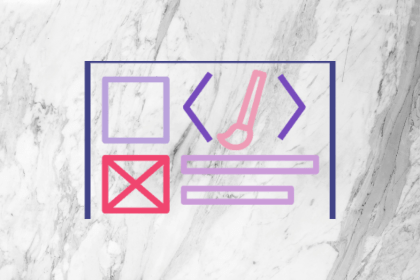
To ensure your homepage effectively captivates visitors and drives desired actions, you should follow these fundamental principles.

Tracking metrics like user retention provides a way to measure the impact of your work on the growth and success of digital products.

When creating data visualizations, you want to ensure clarity and accessibility — bonus points if the format allows for interactivity too.

Designathons bring design professionals from all levels and backgrounds gather — sometimes with guests such as project managers, developers, or researchers.

Discover the differences between symmetrical and asymmetrical balance and their importance in the world of web design.
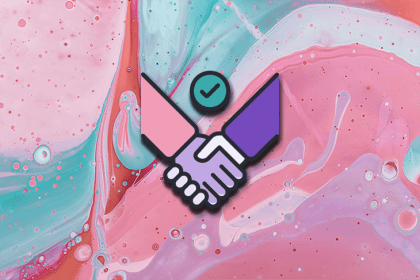
A no-brainer way to prepare for a UX job interview is to practice the most common interview questions.
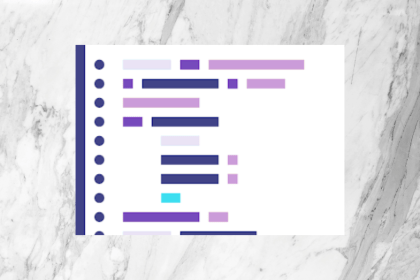
In this article, you’ll learn what flexbox and grid layout do and the benefits of using both to develop websites.

It’s time to conquer the preconceptions of accessibility and undertake the process of creating websites and products that benefit everyone.